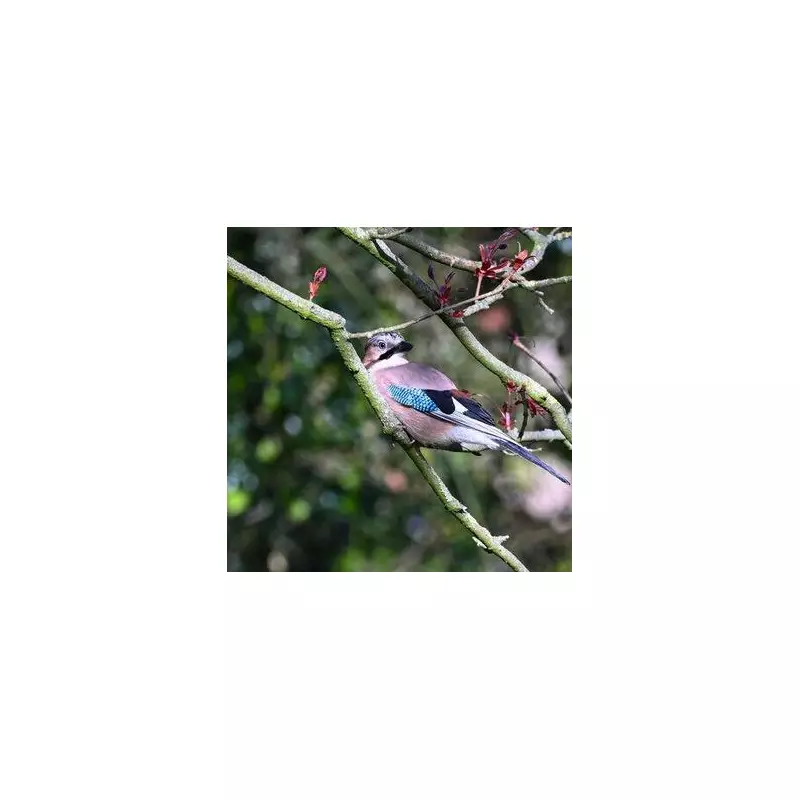
Move over, songbirds—there's a feathered virtuoso in British gardens whose vocal talents would put any impressionist to shame. The common starling, often overlooked as just another garden visitor, possesses one of nature's most remarkable abilities: perfect mimicry.
These glossy, speckled birds can replicate an astonishing array of sounds with pinpoint accuracy. From the piercing ring of a mobile phone to the urgent beep of a reversing vehicle, starlings incorporate modern noises into their complex songs alongside traditional melodies.
The Sound Thief of Suburbia
What makes the starling's talent truly extraordinary is its diverse repertoire. While many birds mimic others of their kind, starlings boldly borrow sounds from their entire environment. Their performances might include:
- Digital life: Perfect imitations of phone notifications and text alerts
- Urban soundscape: Car alarms, reversing lorries, and even camera shutters
- Natural chorus: Songs of blackbirds, curlews, and other bird species
- Mechanical noises: The distinct sounds of power tools and garden equipment
Why Do They Do It?
This mimicry isn't just for show—it serves crucial purposes in starling society. Male starlings use their expanded repertoire to attract mates, with females showing preference for males with the most complex and varied songs. The sounds also help establish territory and strengthen social bonds within flocks.
Research suggests that urban starlings have evolved to incorporate human-made sounds simply because these noises now dominate their acoustic environment. They're not just copying sounds—they're adapting to the modern world in real time.
Inviting the Impressionist to Your Garden
Want to host these talented performers? Starlings are particularly fond of:
- Open-fronted nest boxes placed in sheltered locations
- Quality suet balls and pellets packed with energy-rich nutrients
- Mealworms and sunflower hearts served in ground feeders or hanging containers
- Fresh water sources for both drinking and bathing
These resourceful birds remain a common sight across UK gardens, parks, and farmland, though their numbers have faced challenges in recent decades. Providing food and shelter can help support local populations while giving you a front-row seat to nature's most impressive sound show.
So next time you hear what sounds like a malfunctioning mobile phone or a distant car alarm in your garden, look closer—you might be witnessing one of Britain's most talented vocalists practising its craft.





